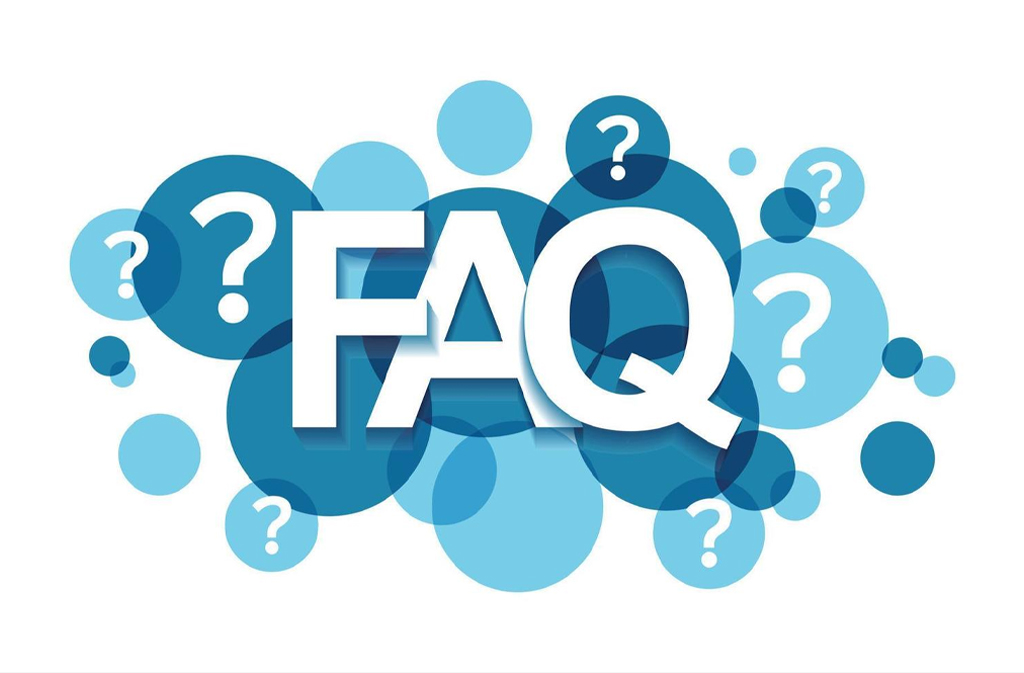Social security benefits are monthly payments that help people after retirement, during disability, or when a loved one passes away. These benefits are designed to support individuals and families by replacing part of the income they lose.
From young workers to older adults, everyone should understand how this system works. By planning ahead and learning your options, you can feel more confident about your financial future.
Table of Contents
What Are Social Security Benefits and Who Can Receive Them
Social security benefits are paid by the United States government. These payments come from taxes that workers and employers pay from their wages. When you work, you earn credits. These credits help you qualify for future support.
You can receive benefits if you retire, become disabled, or if a family member passes away. Even children may get support if their parent dies or becomes unable to work. So, this system helps many people in different life situations.
How to Qualify for Social Security Benefits
To qualify, most people need to earn 40 work credits. This usually takes about 10 years of working, since you can earn four credits each year. These credits are based on your yearly income.
Some people may need fewer credits, especially younger workers who become disabled. Also, your spouse or children can sometimes receive benefits through your record. This means your work can help your whole family in times of need.
When Should You Start Receiving Social Security Benefits
You can start receiving retirement benefits at age 62. However, if you wait until your full retirement age, you will receive a higher monthly payment. Waiting until age 70 gives you the largest possible benefit.
While early payments help people who need money right away, waiting increases your check. This choice depends on your health, your savings, and your plans for the future. Think carefully before deciding.
How Much Money Can You Expect to Receive
Your payment is based on how much money you earned during your working years. The Social Security office looks at your 35 highest earning years to figure out your benefit amount.
People who earned more usually receive larger payments. That is why it is helpful to work steadily and report your earnings correctly. Over time, small efforts can make a big difference in your future checks.
Can Family Members Get Social Security Benefits Too
Yes, in many cases, your family can receive benefits based on your work record. For example, your spouse may qualify for payments, even if they never worked outside the home.
Children can also receive help if they are under 18, still in school, or disabled. These payments provide support and reduce stress during difficult times. Families often rely on this help to stay financially stable.

What Happens If You Become Disabled
If you become seriously disabled and cannot work, you may qualify for disability benefits. These are available to people who have a medical condition that keeps them from working for at least one year.
You will need to apply and provide medical proof. While the process can take time, many people receive the help they need. Once approved, you will get monthly payments and may also qualify for health coverage.
How to Apply for Social Security Benefits
You can apply online, by phone, or by visiting a Social Security office. It is smart to gather important documents before you start. These include your birth certificate, tax papers, and work history.
The process is usually simple, but it helps to be prepared. Once approved, you will receive monthly payments. If you need help, friendly staff are available to answer your questions and guide you.
What If You Work After You Begin Receiving Benefits
Many people choose to keep working after they start receiving social security benefits. If you earn more than a certain amount before full retirement age, your payments may be reduced.
However, once you reach full retirement age, you can earn as much as you want without any cuts to your benefits. Also, working longer can raise your future payments, which helps improve your long term income.
Is Social Security Going to Run Out
Some people worry that Social Security will not be there when they retire. Although the system faces challenges, it is not expected to disappear. It may change in the future, but benefits are likely to continue.
Experts and lawmakers are working on ways to strengthen the program. Even if small changes happen, the core system remains strong. It is still wise to plan and save, but social security benefits are expected to remain part of the future.
Tips to Make the Most of Your Social Security Benefits
First, try to work as many years as possible. The more you earn over time, the better your benefit amount. Second, delay claiming your benefits if you can. Waiting just a few years can make a big difference.
Also, check your earnings report every year. This helps you catch mistakes early. Finally, consider talking with a financial advisor to make the best plan for you and your family. Good planning leads to better results.
Final Thoughts
Social security benefits help millions of people stay safe and secure. They give support during retirement, after disability, and when loved ones are lost. That is why it is important to understand the system and prepare early.
With the right knowledge and choices, you can make the most of your benefits. Whether you are just starting out or close to retiring, it is never too early to plan. Social security benefits are here to help you live a better life.

Frequently Asked Questions
What is the earliest age to receive social security benefits?
You can start at age 62, but your payment will be smaller than if you wait.
Can I receive benefits from my spouse’s record?
Yes, spouses may qualify based on their partner’s work record, even without working themselves.
Will I still get benefits if I keep working?
Yes, but if you earn too much before full retirement age, your payment may be reduced.
Do children get social security benefits?
Yes, children may qualify if a parent dies, retires, or becomes disabled.
Are benefits taxable?
Sometimes yes. If you earn other income while receiving benefits, part of your payment may be taxed.
Visit our website: Organize Blogs

